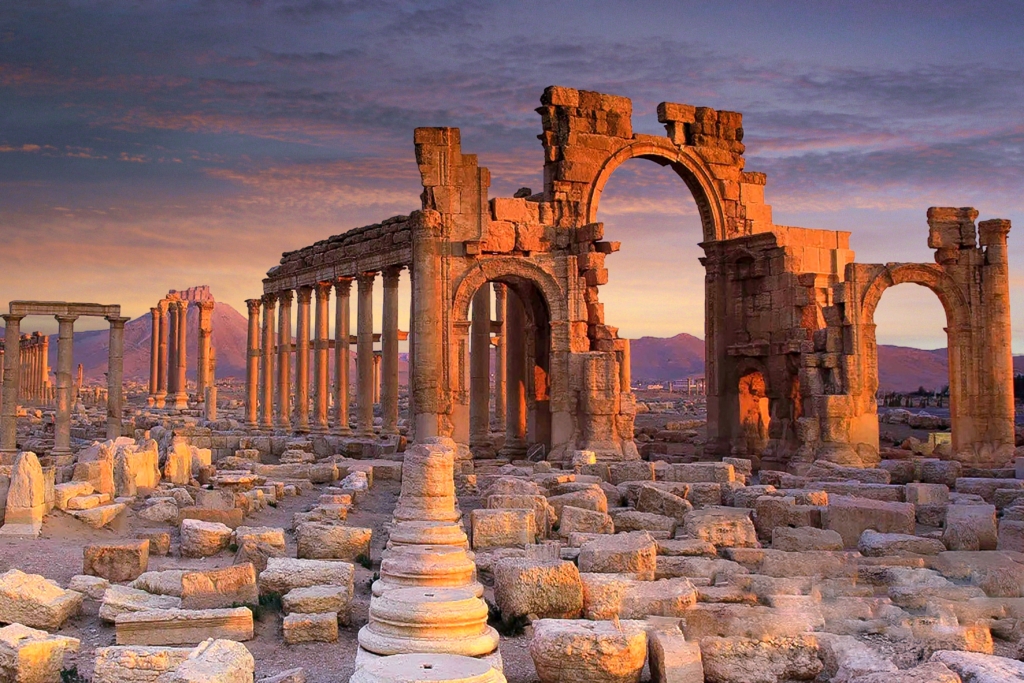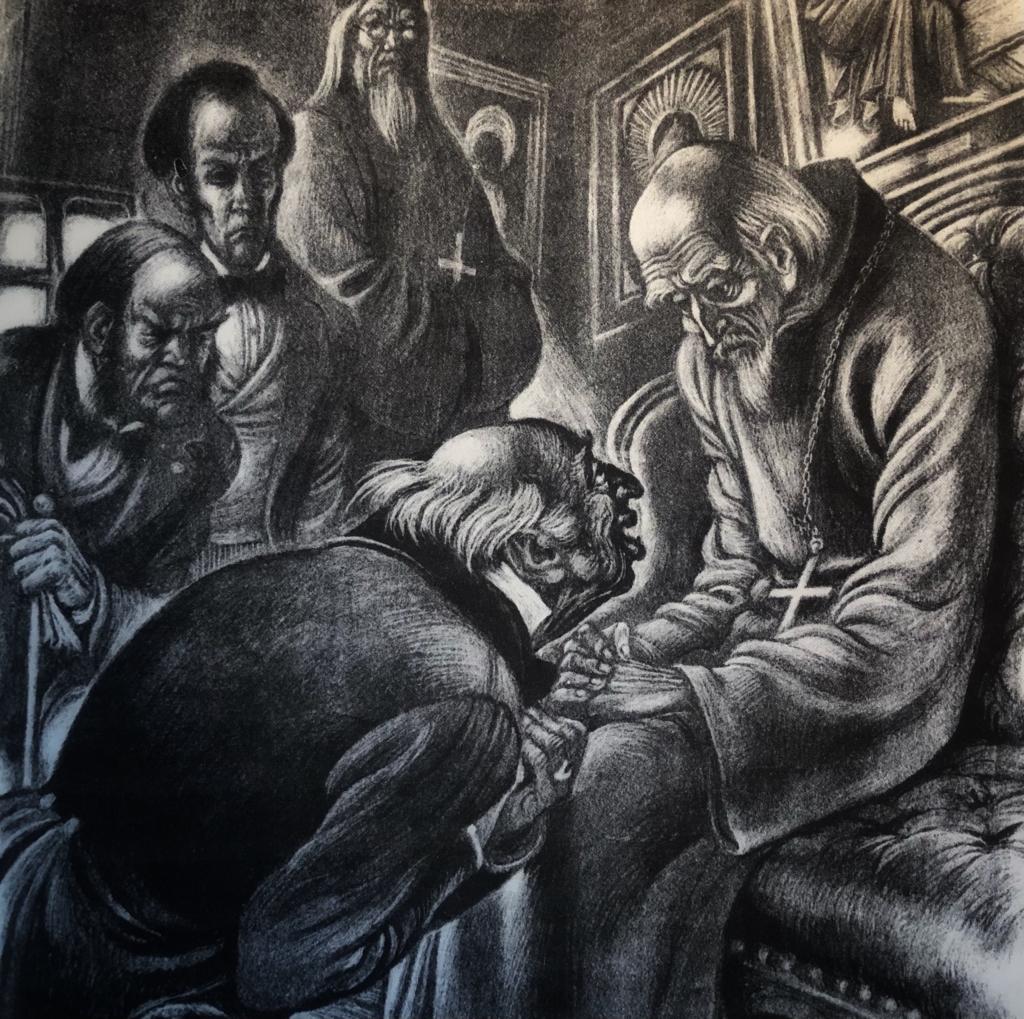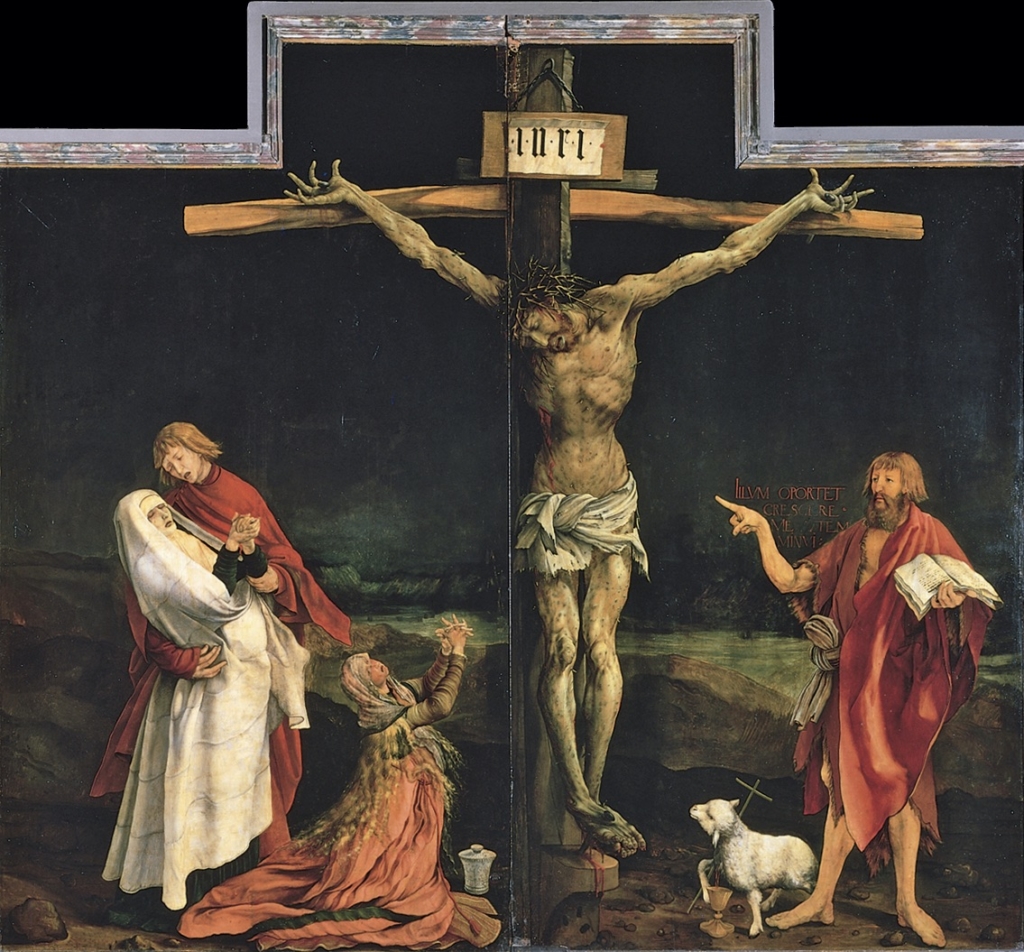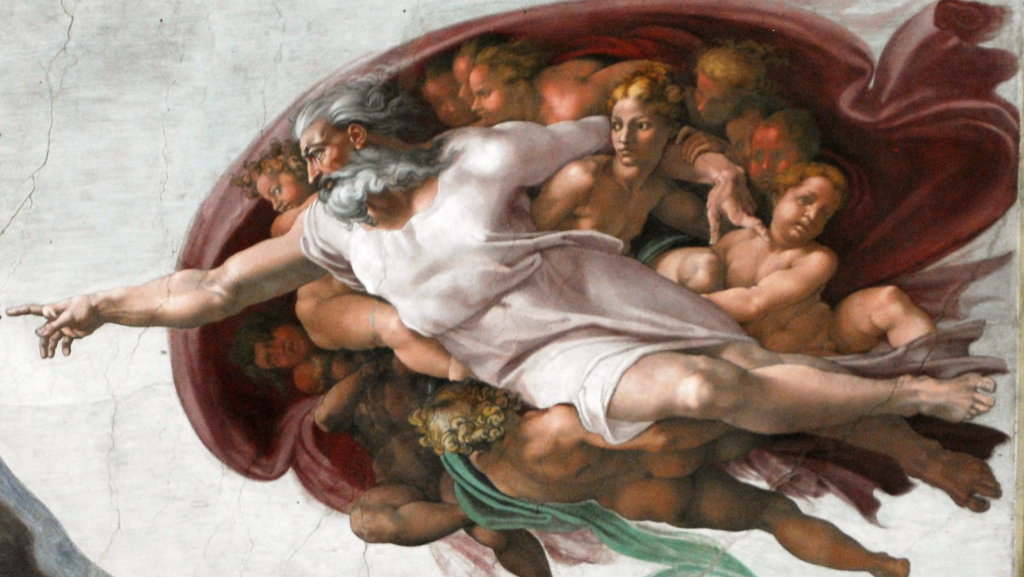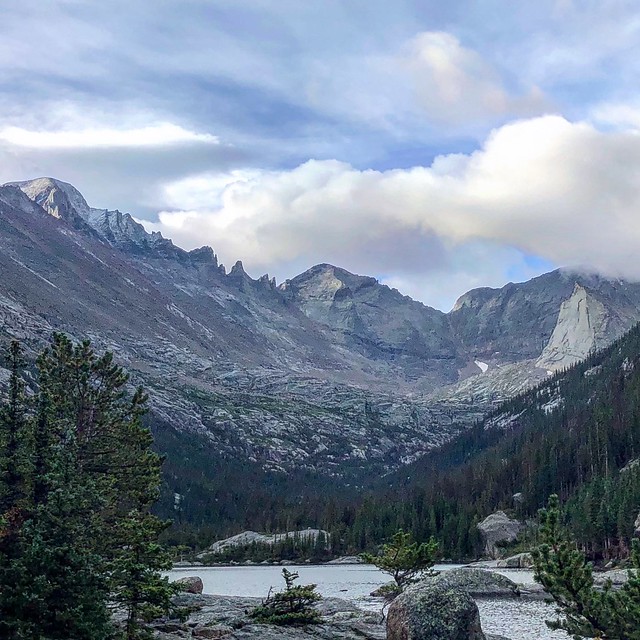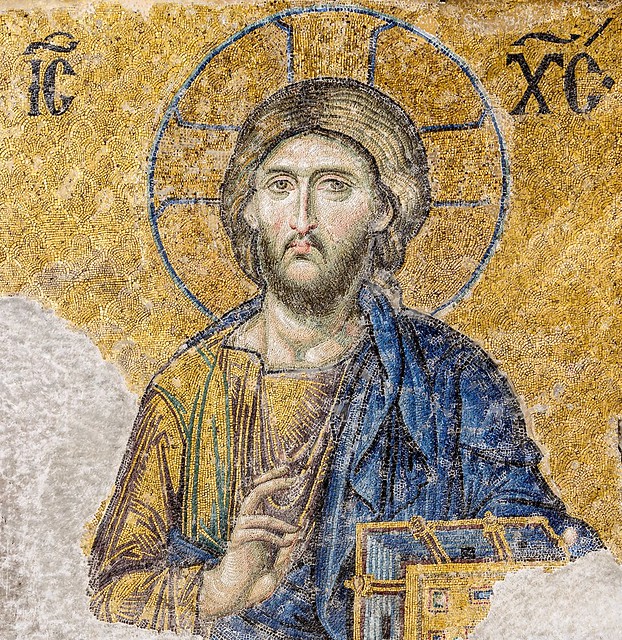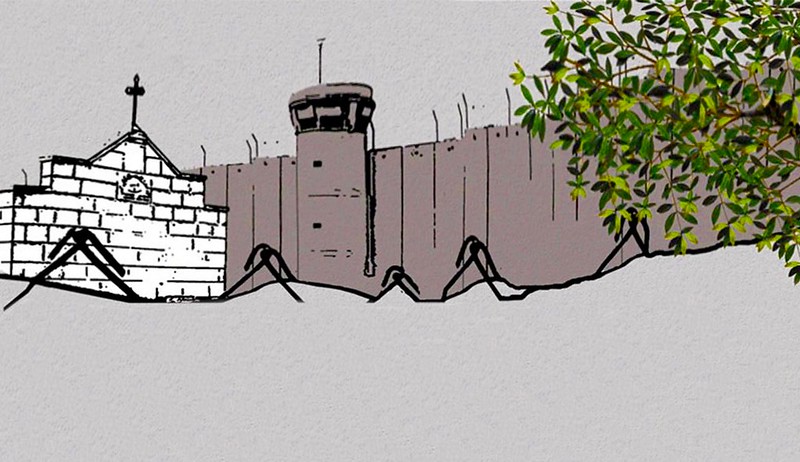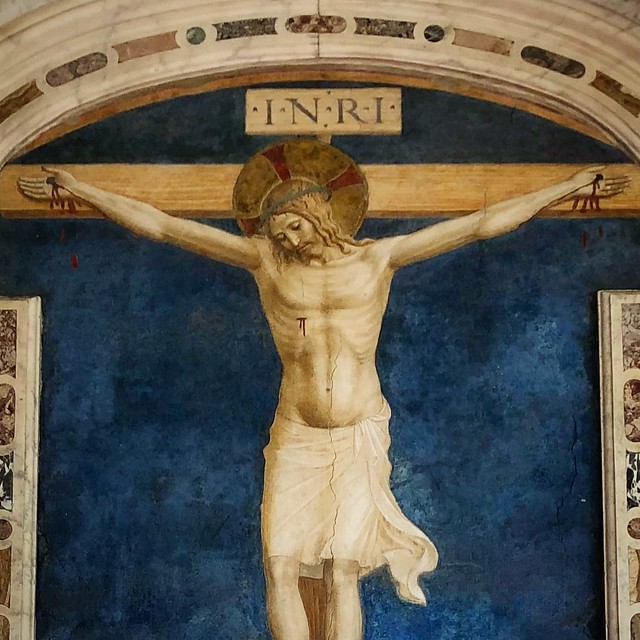Six or Eight? On Reading the Gospels
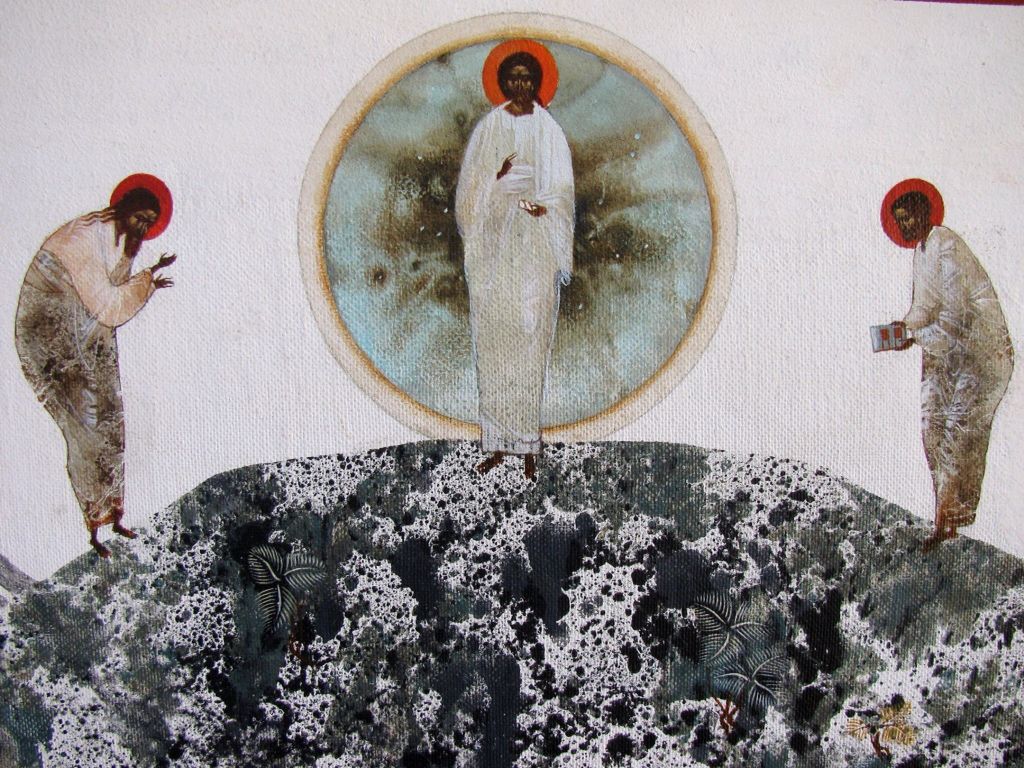
Six or Eight? On Reading the Gospels
Brian Zahnd
Let’s think about the Transfiguration for a few minutes. The mystery of Tabor is a theological diamond mine that has yielded treasures for two thousand years. Matthew, Mark, and Luke all give an account of the Transfiguration. With a tight focus on the Transfiguration story, we read that Jesus took three disciples (Peter, James, and John) up a high mountain where his divine glory was revealed in dazzling light, and where Moses and Elijah made their anachronistic appearance. When Peter suggested a construction of three tabernacles on the holy mountain — one each for Jesus, Moses, and Elijah — the idea was rebuked by the voice of God saying, “This is my beloved Son. Listen to him!” After these heavenly words, the three disciples no longer saw Moses and Elijah, but only Jesus. From this rich passage we see that the Law and the Prophets are fulfilled in Christ and that only Jesus is the perfect Word of God. The disciples are told to listen to the beloved Son because Jesus is what God has to say. This is the story of the Transfiguration in tight focus.
Read more
